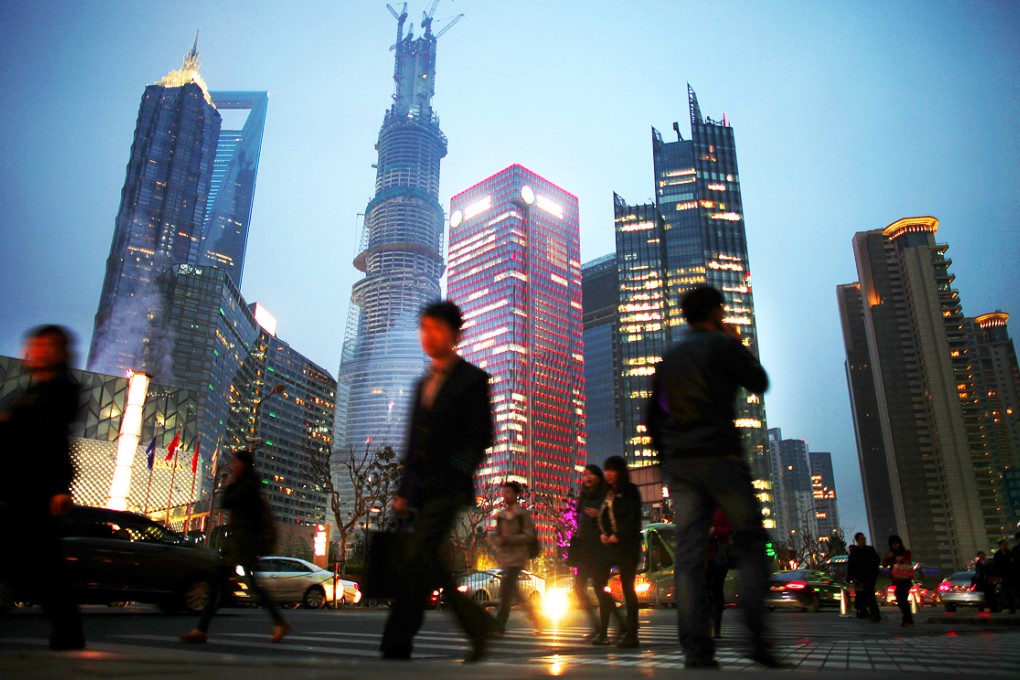Encouraging entrepreneurship is key to meeting China's challenges
Hours after the curtain came down on the annual session of China's national parliament, news emerged of the arrests of two more senior officials in the sweeping crackdown on corruption.

Hours after the curtain came down on the annual session of China's national parliament, news emerged of the arrests of two more senior officials in the sweeping crackdown on corruption. The fall of the deputy party chief of Yunnan province and the chairman of the country's largest carmaker served as a reminder, after all the rhetoric in and around the National People's Congress about economic reform aimed at achieving sustainable growth, that the political agenda of rooting out corruption remains the priority for the government. The two are not unconnected. The reforms include the streamlining of the administrative processes that must be navigated to launch new private ventures - regulatory power that is abused by corrupt officials and frustrates enterprise. Premier Li Keqiang's closing press conference put progress in this endeavour on the record, but it is also disappointing, as reflected in his comment that he is still meeting resistance to breaking with old ways.
Li may lack the rhetorical skills and passion of predecessors Zhu Rongji and Wen Jiabao, but it was nonetheless good to hear him speak frankly of the challenges and issues that China faces - in particular meeting a 7 per cent growth target, down from 7.5 per cent and the lowest for 15 years - and voice determination that Beijing would continue to pursue painful economic reforms. The pain is going to get worse as power is streamlined and more opportunities are created for private entrepreneurship. Indeed, Li likened it to "taking a knife to one's own flesh". But however painful it might be, "we are determined to keep going until our job is done". This fairly reflects the sentiment of the premier and other leaders since they came to power.
That said, sadly, there is still little concrete to show, despite the rhetoric, high-sounding words and reforms of the past two years under the new leadership. Political development, and specifically the anti-corruption drive, remains the priority.
At his press conference Li also talked about mobilising the "new economy" - the internet, technology and services sectors - to spur growth. This is the way forward, as evidenced by booming e-commerce and job creation.
Last week, the State Council issued a directive calling for support for start-ups, especially technology-related ones. Li rightly saw the government's role in providing policy support. This should include tax breaks to encourage enterprise.